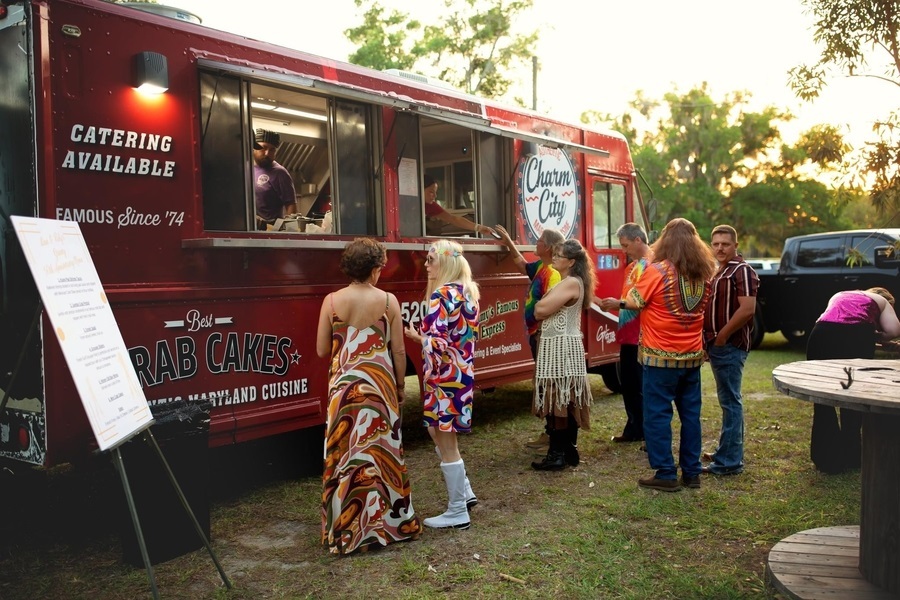What's different in food service now than when we got started?
Food trucks have made a significant impact on the food service industry over the past decade. Here are several ways in which food trucks have influenced and transformed the culinary landscape:
- Culinary Innovation: Food trucks have become hotspots for culinary innovation. These mobile kitchens have provided aspiring chefs and culinary entrepreneurs with a lower-cost entry into the food industry. Food truck owners have the freedom to experiment with diverse cuisines, unique flavors, and fusion dishes, leading to a wave of creative and exciting culinary offerings.
- Increased Food Diversity: Food trucks have introduced a wide range of ethnic and regional cuisines to cities and towns around the world. Previously inaccessible or underrepresented foods have become more readily available, allowing people to experience diverse flavors without traveling long distances. This has enriched the food culture in many areas and broadened people's culinary horizons; this is especially true in rural areas.
- Enhanced Street Food Experience: Food trucks have revitalized the street food scene. They provide a convenient, quick, and casual dining experience, breaking away from traditional brick-and-mortar restaurants. The ability to enjoy high-quality, restaurant-style food on the go has attracted a diverse customer base, including office workers, students, and tourists, contributing to the vibrant street food culture.
- Affordable Dining Options: Food trucks often offer more affordable dining options compared to traditional restaurants. With lower overhead costs and smaller menus, food truck owners can provide reasonably priced meals without compromising on quality. This accessibility has made gourmet and artisanal food more affordable and accessible to a broader audience.
- Entrepreneurship and Economic Growth: Food trucks have fueled entrepreneurship in the food industry. Aspiring chefs and food enthusiasts can start their own business with a relatively small investment, compared to opening a full-fledged restaurant. This has created opportunities for individuals with culinary talent and entrepreneurial spirit to pursue their passion and contribute to local economies. Doors were opened with less capital and more passion and that's made a clear impact.
- Community Engagement: Food trucks have become a focal point for community gatherings and events. They often participate in festivals, private parties, and neighborhood gatherings, creating a sense of community and bringing people together. Food truck events offer a unique social experience, where people can explore various cuisines, interact with food vendors, and enjoy a shared dining experience.
- Flexibility and Adaptability: Food trucks are highly flexible and adaptable to different locations and events. They can respond quickly to changing consumer demands and preferences. Food truck owners can easily move to areas with high foot traffic, cater private events, or adjust their menus based on customer feedback. This agility has allowed food trucks to thrive in various environments and serve a broader customer base.
- Influencing Traditional Restaurants: The success and popularity of food trucks have influenced the traditional restaurant industry as well. Many brick-and-mortar restaurants have adopted elements from the food truck culture, such as incorporating street food-inspired dishes, offering grab-and-go options, or creating food truck-themed events. Food trucks have spurred innovation and encouraged established restaurants to think creatively about their offerings.
Overall, food trucks have had a transformative impact on the food service industry in the last decade. They have brought diversity, creativity, affordability, and community engagement to the culinary world, challenging traditional dining norms and enhancing the overall dining experience.